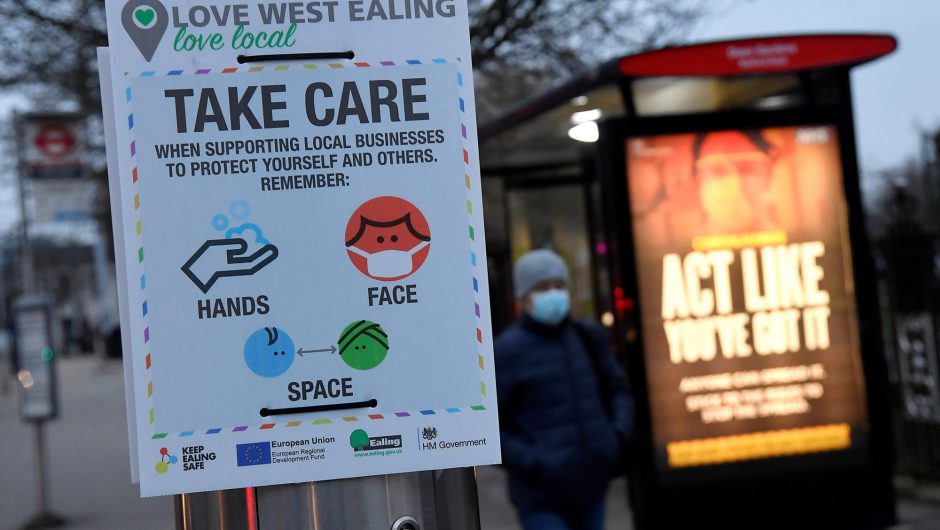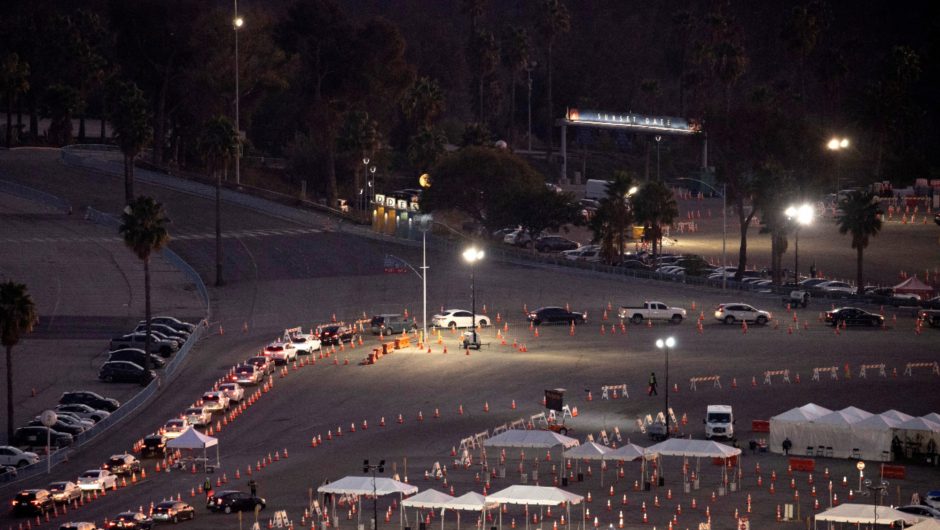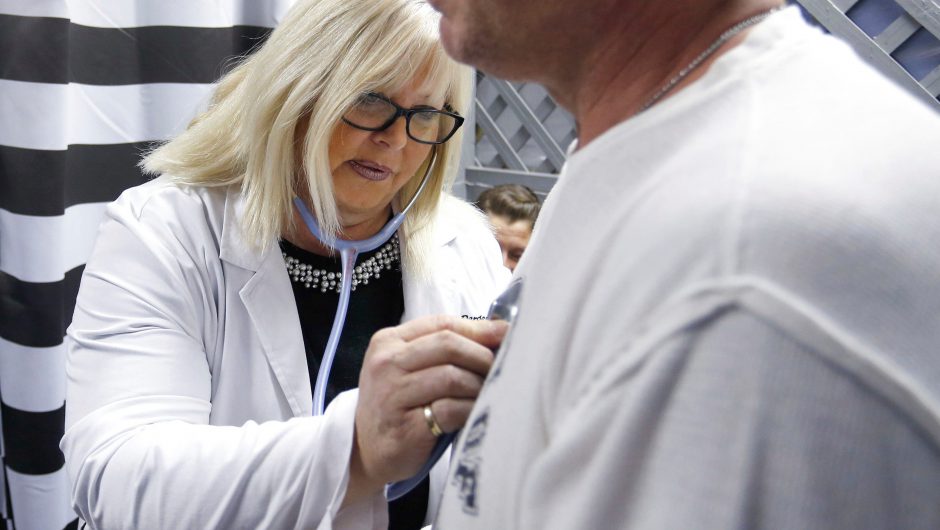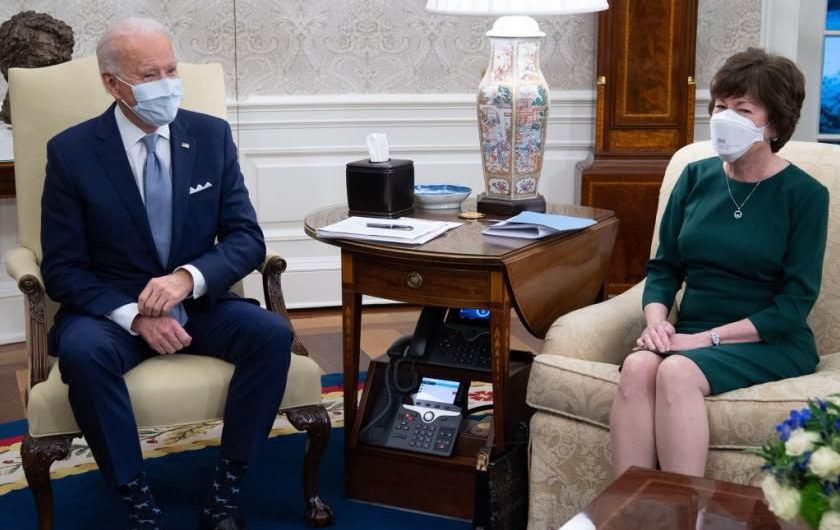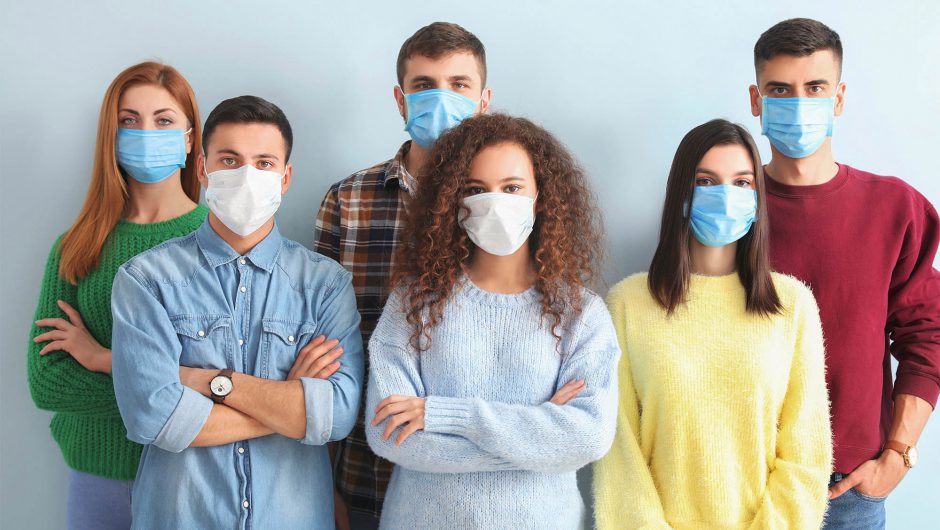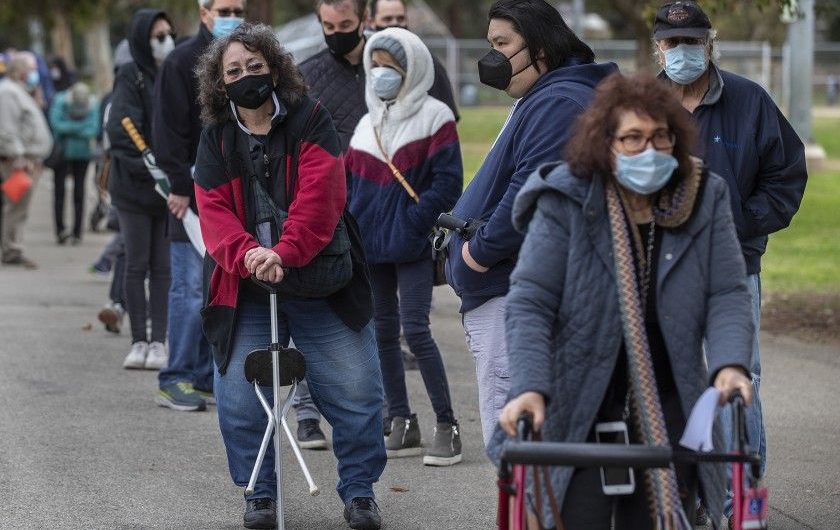The economic hit delivered by the coronavirus pandemic has left 58 million Americans afraid they soon won’t be able to make ends meet, according to recently released Census Bureau survey results. Nowhere are those fears more prevalent, or more justified, than in Hawaii.
[READ: Hawaiians Struggle With Social Distancing]
About 23% of Americans believe they’ll lose their job or see their wages fall by mid-November, researchers with the Census Bureau’s Household Pulse Survey found. While that figure has gradually declined since August, it remains stubbornly high in the Aloha State, where 39.5% of adults worry they’ll soon lose income.
The coronavirus outbreak has devastated tourism to the islands, which instituted mandatory tourist quarantine procedures early in the pandemic that have since been relaxed. As of August, visits to the islands were down more than 97%, and travel from Japan had all but ceased. Unemployment in the state reached 24% immediately after the pandemic set in, a tenfold jump, and sat at 15% in September.
While robust eviction protections appear to be keeping Hawaii residents in their homes, the state has ranked No. 1 in income insecurity since the Census Bureau launched the second round of the survey in August to gauge the pandemic’s impact on Americans. According to the most recent data, about 422,000 Hawaii adults — nearly a third of the state’s total population — said they expect someone in their household to lose income in the coming weeks.
Some amount of relief arrived on Oct. 15, when the state launched a program that allows travelers to avoid a 14-day quarantine if they get a negative COVID-19 test result shortly before they fly to the islands. About 65,000 travelers arrived in the islands during the first week of the pre-travel coronavirus testing program, three times the number that visited during the entire month of August.
The recovery is expected to be slow, and the crisis persistent. John De Fries, president and CEO of the Hawaii Tourism Authority, compared the economic situation to a building collapse.
Story continues
“We have not hit the floor yet,” De Fries said during a press conference announcing the launch of the pre-flight testing. “We are in the state of free fall as we speak.”
[READ: Hawaii Workers Lead U.S. in Union Membership Despite National Decline]
“This is an imperfect scenario being executed by imperfect people who have one thing in common — aloha for Hawaii, aloha for one another,” De Fries said, using the Hawaiian word often translated to English as love.
Hotel and restaurant workers have been squeezed hardest by the contraction, and only a small number have been called back to work since travel restrictions were relaxed, says Bryant de Venecia, a spokesperson for Unite Here Local 5, a union representing hospitality, health care and food service workers.
De Venecia says 9,000 of the union’s 12,000 members have been furloughed. Only a few hundred are back on the job, while at least 900 have been permanently laid off.
“Even with our state’s soft reopening, a huge part of our workforce might not go back to work anytime soon,” de Venecia says.
While Hawaii’s economic worries have been particularly acute, other states have seen persistently high levels of concern. Since August, California, Nevada, New York and Texas have each consistently seen at least a quarter of working-age residents express fears of job and income loss.
Levi Pulkkinen is a Seattle journalist whose work has appeared in The Guardian, High Country News, Next City and The San Francisco Chronicle, as well as SeattlePI, where he served as senior editor.



